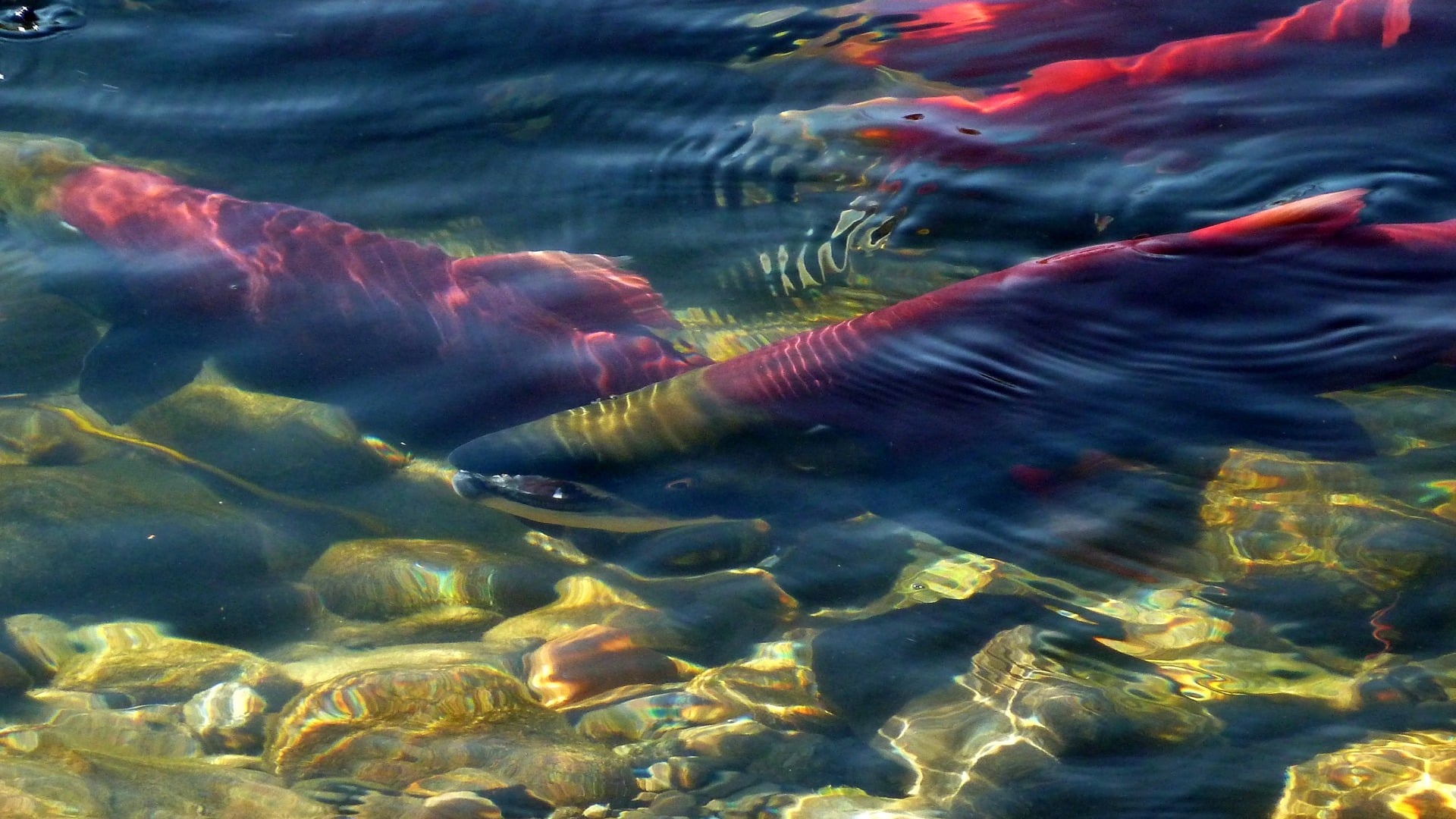I am deeply saddened to learn of the devastatingly low returns of sockeye salmon to the Fraser River this summer. Federal fisheries officials predicted approximately 4.8 million sockeye would show up but just 628,000 salmon have come home to the once iconic salmon river.
This is in stark contrast to the stories from people who have lived on our coast for decades. They described the rivers, creeks and streams on the south coast as teeming with fish. So thick, that the salmon could barely even swim. So thick, you could walk across their backs.
Federal officials point to climate change as the main culprit. Climate change is dramatically changing our oceans. Warming waters and marine heat waves are having a disastrous effect on the entire food web that support salmon on their epic migration from British Columbia out to the Pacific Ocean and back.
Off the hook
While federal and global issues are challenging salmon, British Columbia cannot escape the impact of provincial decision-making on the well-being of these critical species. As the federal officials point out, fresh water ecosystems are also feeling the brunt of climate change, specifically from extensive deforestation.
We cannot continue to destroy watersheds by over-logging and expect the outcomes for salmon to improve. However, it does not do anybody any good for the various levels of government to be pointing fingers at each other. Rather than leaning into the jurisdictional quagmire that has created a “can’t do” culture in Canada, we (the politicians and bureaucrats) have a responsibility to come together to find ways to empower communities and citizens.
Since my election two years ago I have been demanding that the government forge a new relationship with salmon and forests, the creatures and ecosystems that define our province. Perhaps this summer’s salmon returns will be the sobering moment that our government awakens with a new level of courage in which they seize their opportunity to boldly lead our province through this era of unparalleled change.


Thank you Adam for your genuine and well-reasoned response to this issue. My wife and I share your deep concern for our natural world and the ineffectiveness of all levels of government to confront the climate crisis and the emerging serious ecological impacts.
As new full-time residents of Pender Island we feel a special responsibility to not only be careful stewards if our environment but to be active politically and socially in addressing these issues.
Please let us know if there is anything we can do to support you in your work.
Erica and i were watching a report on this last evening, agreeing that we’ve seemingly learned nothing from the collapse of cod stocks, nor have we heeded the various signs over the last few decades as DFO has pursued a policy of actively supporting farmed salmon operations. And, as with climate disruption, the time to spring into action was a couple of generations ago.
Human beings, who are almost unique in having the ability to learn from the experience of others, are also remarkable for their apparent disinclination to do so.
— Douglas Adams
I wish I shared your optimism, Adam. Unfortunately every move I see from all political decision makers in Canada and most of the rest of the world fills me with the dread Doug Adams so clearly enunciated, “Human beings, who are almost unique in having the ability to learn from the experience of others, are also remarkable for their apparent disinclination to do so.” I fear for the apparent inevitableness of a disastrous future for my 22 descendants (way too many – – – my fault).
Their only lonely hope are the Greta Thunberg’s of the younger generation. The present adult population of the world is clearly incapable of an intelligent response to the dark cloud looming over the horizon. That cloud represents both population growth and climate change.
Forget the optimism and act like we’re scared to death.